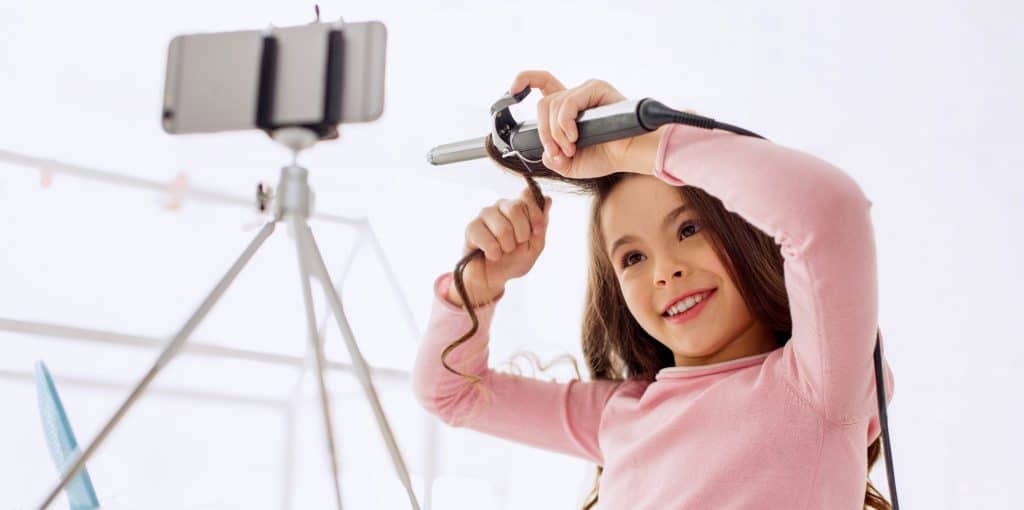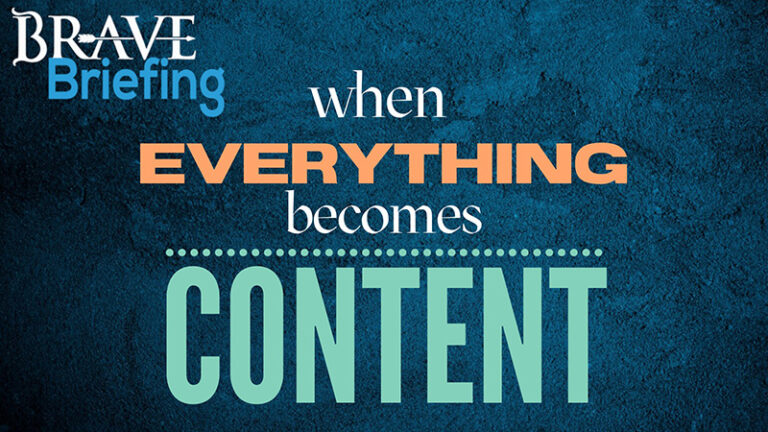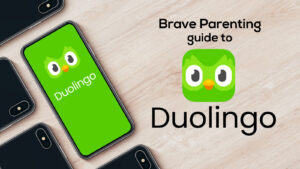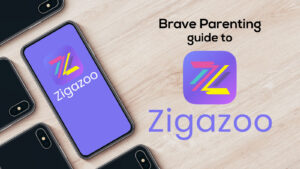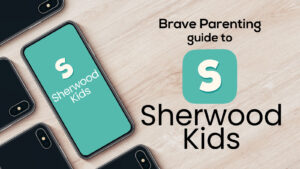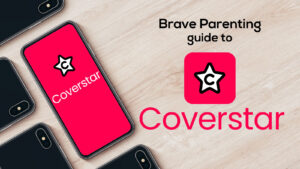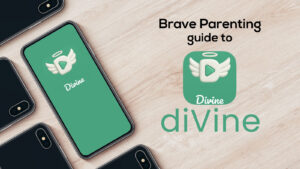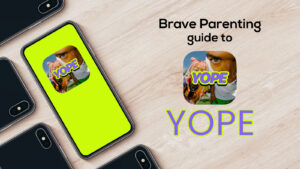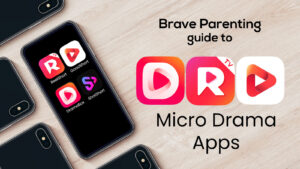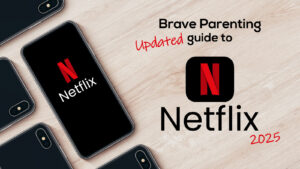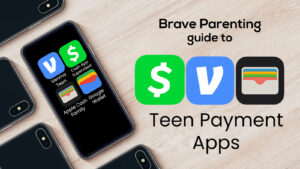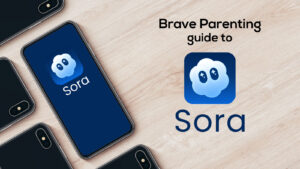Back in the early 90’s, I was a freshmen in high school and obsessed with the first reality television show of its kind, MTV’s: The Real World.
One night my friend and I borrowed her Dad’s VHS camcorder and filmed our own version of this iconic reality show. Recorded entirely in my friend’s basement, it was a graceful fiasco with more laughter than dialogue or drama. Truthfully, the only people who thought it was funny was us.
But we tried. Our motivation was part boredom and part inspiration. The Real World stars were everyday people from everyday places living life on camera – and our young teenage minds found it compelling!
My friend and I never considered or imagined our video would leave the confines of our home VCR. We knew well enough: no one wanted to watch thirteen-year-old girls in their basement acting silly. We mimicked and role played adults in the same way we would have at age 6 playing “school” or “house”.
Twenty-five years later, however, we’ve arrived in a place where children watch hours of other children’s home videos produced in their basements (or bedrooms, bathrooms, etc.). No longer contained to a VHS tape, memory card, or to a device, these videos are now released to the world on YouTube.
THE DIFFERENCE: Then & Now
Peripherally, the playful creation of home videos appears identical across the generations. Whether someone pretends to be a news anchor and delivers movie/music reviews and opinions or they demonstrate a DIY project as Bob Ross once did, universally the process is about learning through imitation.
But there is a very distinct difference between creating videos and posting videos online. YouTube isn’t just a hosting platform but social networking site.
In the same way Facebook, Instagram, and Twitter allows the collection of friends and followers, YouTube collects subscribers. The accumulation of likes and views for videos is identical to the way every other social media platform lasso young users into habitual and obsessive use.
When a child produces a video and posts it to YouTube there is a deep seeded desire to find worth through likes and views. They want the world to see them and affirm they are important, talented, cute, funny, entertaining, and worthy of being watched. Then follows the fantasy and desire of every young child: to find someone willing to PAY them to make/post videos.
No longer are children creating videos simply for the joy of role-playing, acting, or teaching.
Instead they are creating and posting online in order to find worth, validation, stardom, and fame.
THE FIVE QUESTIONS YOU MUST ASK
If your child is asking to start a YouTube channel, here are conversations you should engage in. It’s easy to give a knee-jerk “No way” answer but hearing them out can give you insight to their developing character. You’ll be able to see their heart’s motivation and potentially have an open door to share truth and insight.
[1] WHAT CONTENT DO THEY WANT TO SHARE?
Ask your child in depth questions about their exact plan for video production and content. How will it be valuable to others? Will the content help other people, solve a problem, or create change for the better? Or, in contrast, will it add to the noise and gluttony of opinion on YouTube?
[2] WHAT IS THEIR GOAL/MOTIVATION FOR SHARING CONTENT?
Some children will flat out answer, “to be famous”. Proceed to Question 5.
If they have an altruistic motivation to, for example, help young girls who may be suffering from middle school peer drama or to share book reviews for younger readers, their heart is definitely in the right place. Ask them to make a list or plan of detailed “episode” ideas for you to review. How will they reach their intended audience?
[3] HOW WILL YOU DETERMINE YOUR CHANNEL’S SUCCESS?
YouTube’s currencies are LIKES, FOLLOWS, VIEWS, and SUBSCRIBERS. How will your child manage this currency? How much does it matter to them? Will they still keep posting videos if no one is watching?
As a parent, you must consider how much promotion for success you will allow. Because all too often, if you give a child a YouTube channel, they will want Instagram, Twitter, Facebook, and Snapchat to go with it.
[4] HOW WILL YOU HANDLE BULLIES/HATERS/TROLLS?
Sadly, this is question that must be addressed for children putting themselves out there for the world to judge. The internet is a global platform and public videos grants the world direct access to your child. What will they do if they encounter hateful viewers? How could this hurt them or lead to long-term self-doubt and low self-worth?
Should you preview every video before it is posted to ensure it is of moral quality and character? Will they allow you to monitor their comments? How can they promote a culture of kindness and respect on their channel?
[5] WHAT DOES FAME HAVE TO DO WITH IT?
Is fame a motivation for your child’s desire to make and share videos on a YouTube channel? Are they desiring to be worshiped, followed, loved, and paid for what they do?
If so, chances are they will be willing to compromise moral and ethical boundaries in order to attain it.
This is the absolute wrong motivation. A pursuit to gain public worship will lead to a loss of personal worth. Most especially during adolescence, self-worth is a character commodity too valuable to sell.
The Bottom Line
There isn’t a right or wrong answer to whether or not your child should start a YouTube channel. The internet (and social media platforms) can bring about good or evil. It is the parents job to discern which path a YouTube channel could take their child down.
Take into consideration the legal age for creating a YouTube account is THIRTEEN. Privacy concerns are too often swept aside to make room for convenience, but when it comes to public video content – especially using their real name – privacy should be heavily considered.
Be Brave! Make the decision slowly and deliberately with their character in mind, not their temporary happiness. Draw the boundary lines and keep them accountable.

